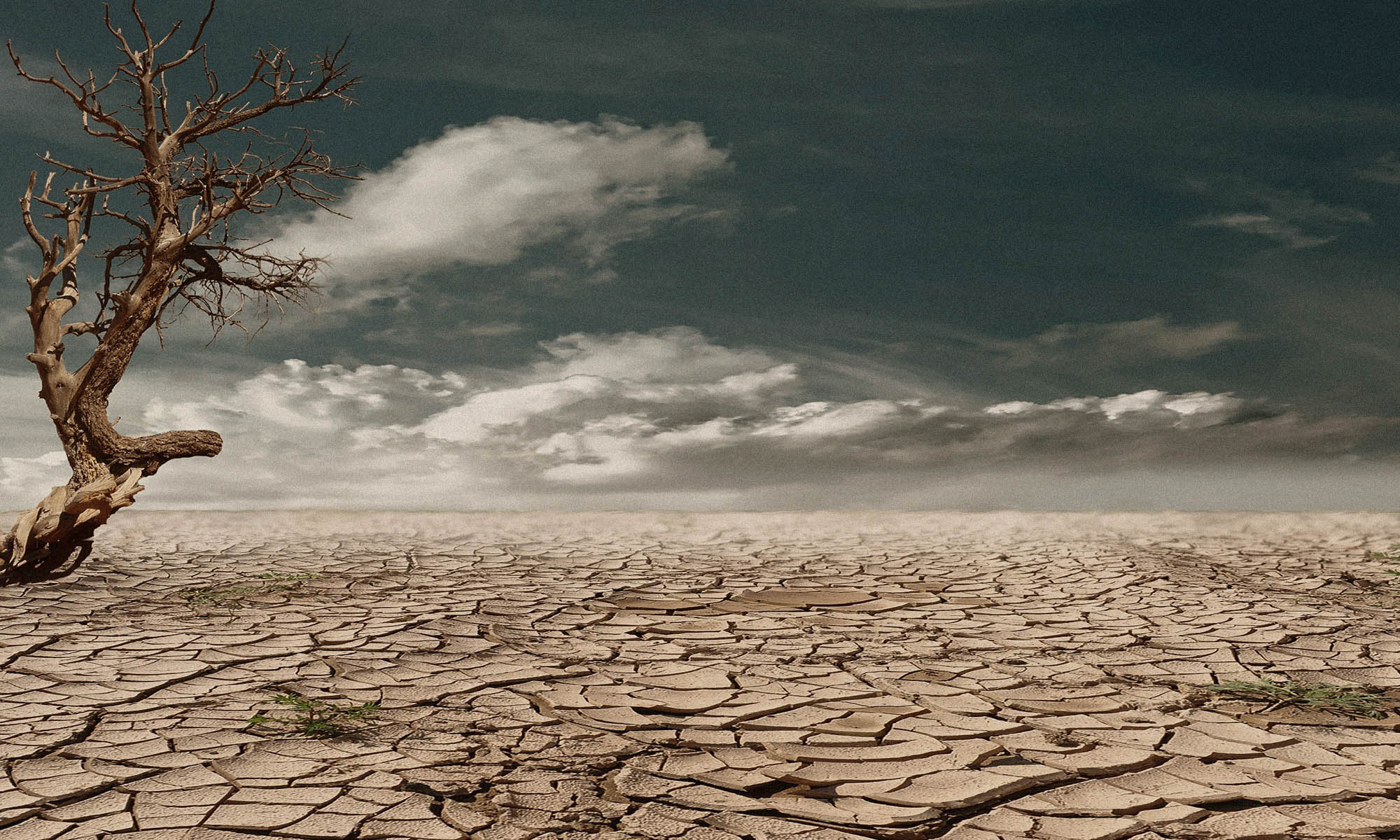That a president of a developing country that has to depend on donor funds to meet their yearly budget, personally sets natures resources worth billions ablaze is very ironic. I can even call it sad. A resource that has a readily available market, that caused the death of thousands of our wildlife, should never be wasted that way again.

Does it not matter at all that an elephant, or a rhino was murdered somewhere in cold blood, for one to have mercilessly cut off their tusks with the intention of enriching themselves by selling them in the Asian black market? According to the Sheldrick Wildlife Trust, about 36,500 elephants are killed in Africa alone every year by a set of serial killers we have christened poachers. A little of the ivory acquired by this heinous act is intercepted at the airports, and is ‘confiscated’. Part of it kept as exhibit for the prosecution of the persons found with it. What we see later in our country is a huge stack of ivory worth billions of shillings ceremoniously being burned by the president, in the presence of other very influential learned people of excellent economic and environmental knowledge.

How I sincerely wish that things were a little different. I wish that once such cargo is intercepted, it is not confiscated but stored. That the offender be not remanded for months on end before prosecution and trial, but to be convicted within shortest time possible. Let it be known that such cases shall not be amongst those that will drag in the courts forever. There should be no freeing poachers or illegal ivory traders on bond, unless under very special circumstances that will require very convincing backup. Punishment for such offenders should not be less than ten years behind bars.
Most important though is the stored ivory. It doesn’t change anything by burning them, does it? Bad cannot be paid by worse if our aim is to see positive progress. By burning, the dead elephants and rhinos from which these tusks were removed will have died in vain. If we really care to reduce, and even stop poaching, it would be of better sense to honor their deaths by protecting their surviving kin. We could go ahead and legally sell the ivory by a process of international bidding and selling them to the buyer attaching highest value to them. The sums acquired from the sale can then be used to improve measures being put to protect wildlife, like research, securing park perimeters, hiring more rangers and equipping them to effectively deal with poachers. This way, there truly will be progress in curbing poaching, and the shame of burning billions when we desperately need them will be no more.
Burning will not stop poaching, I dare say. There should be no pride in burning ivory.





You must be logged in to post a comment.